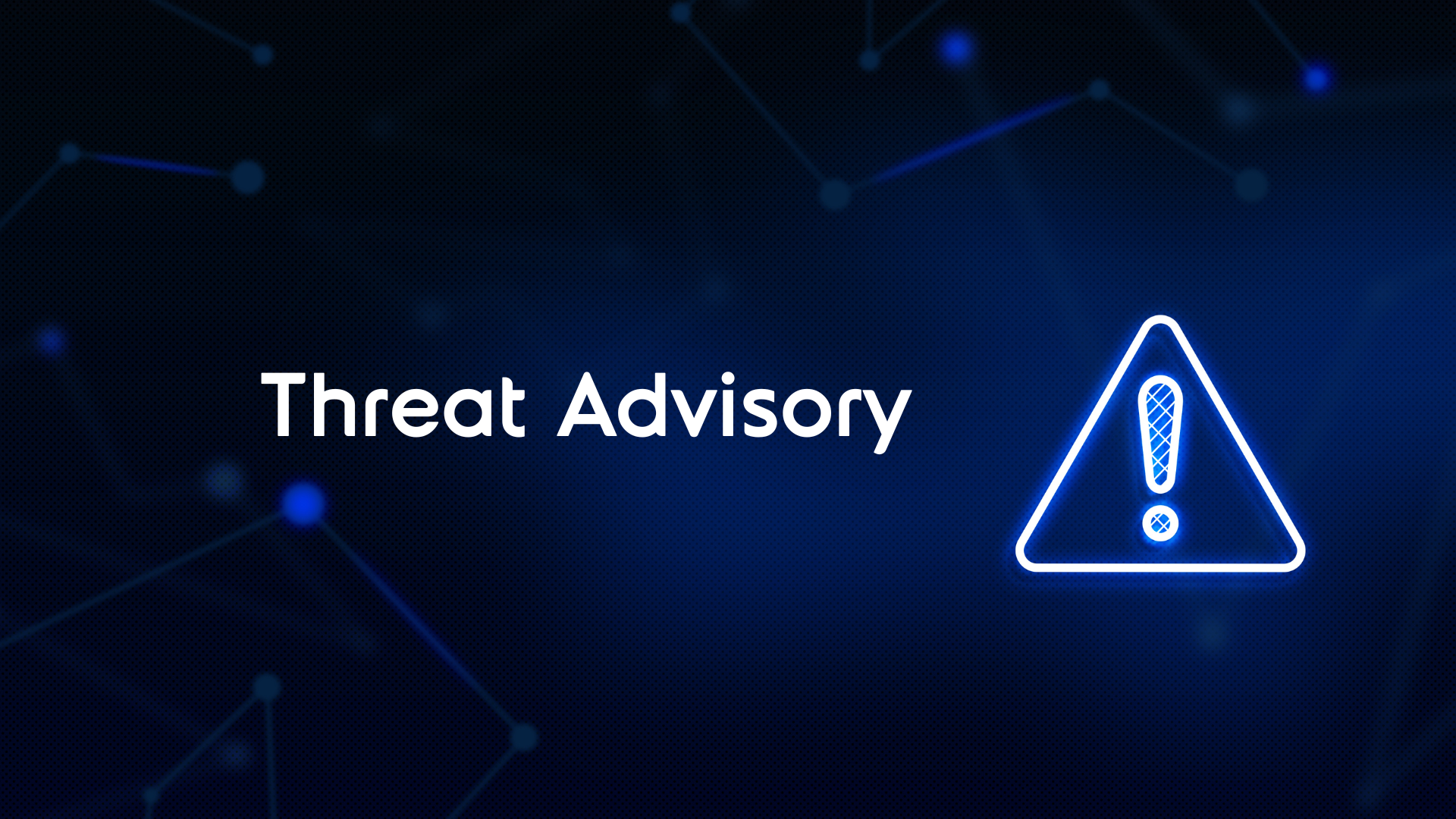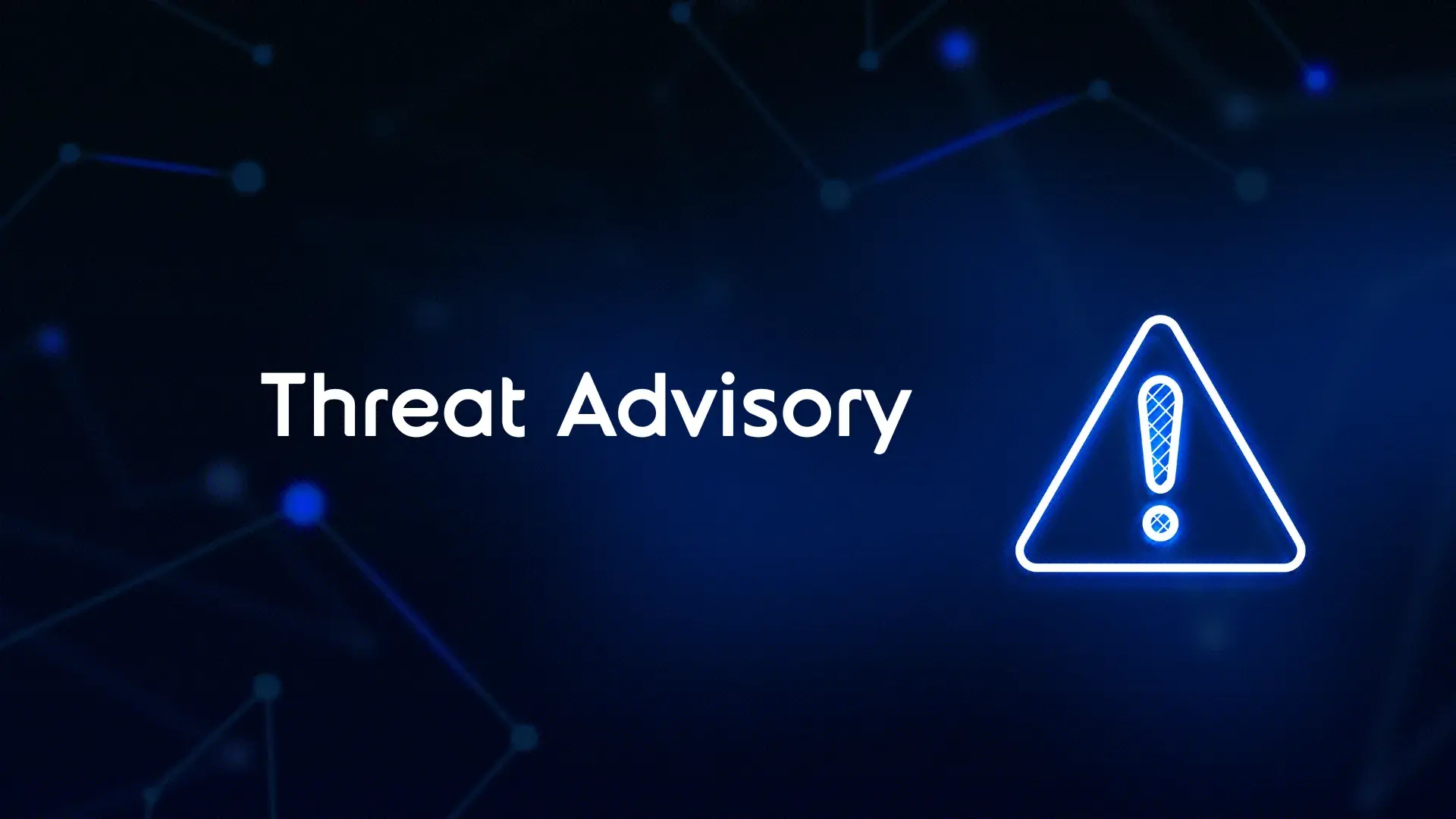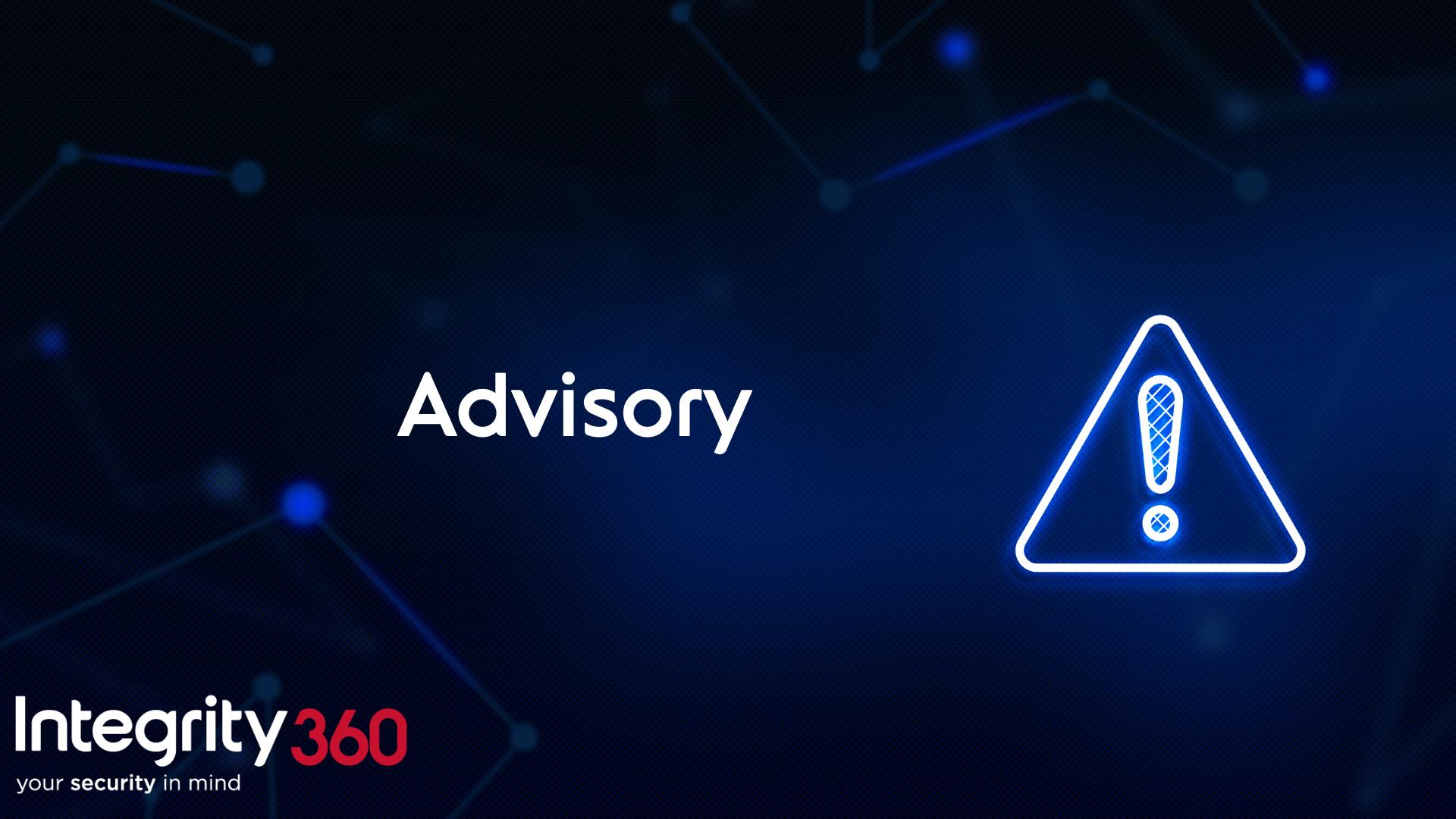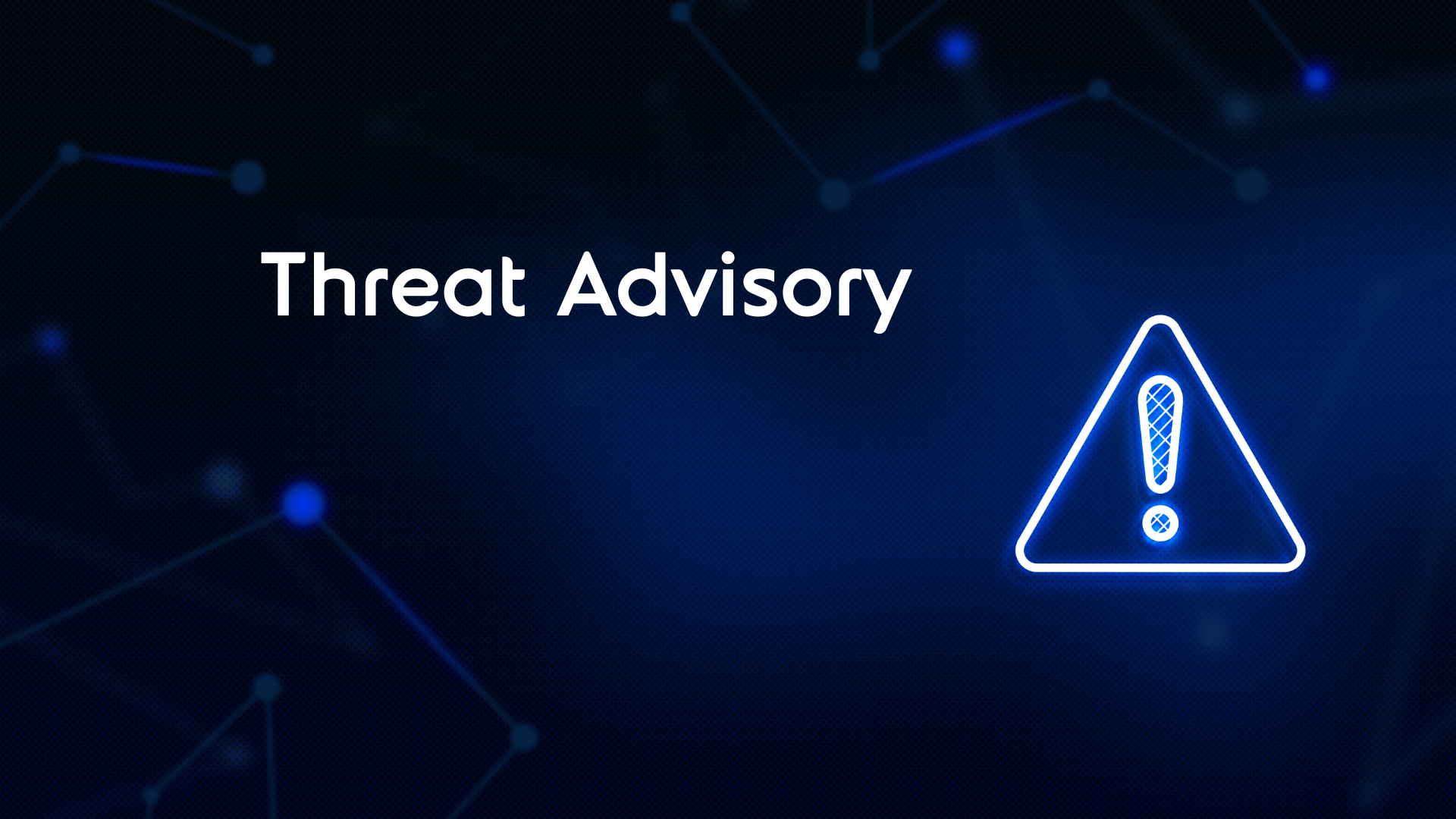Download Integrity360’s 2026 Cyber Security Trends & Predictions Guide now!
The pace of change in cyber security has never been more intense, and 2026 is already shaping up to be a defining year. Artificial intelligence is accelerating the speed, scale and sophistication of attacks. Ransomware groups are evolving into adaptive, data-driven extortion operations. Regulations across the UK and EU are tightening simultaneously. And organisations in every sector are wrestling with the realities of SaaS sprawl, third-party risk and the rising pressure to deliver measurable resilience.












